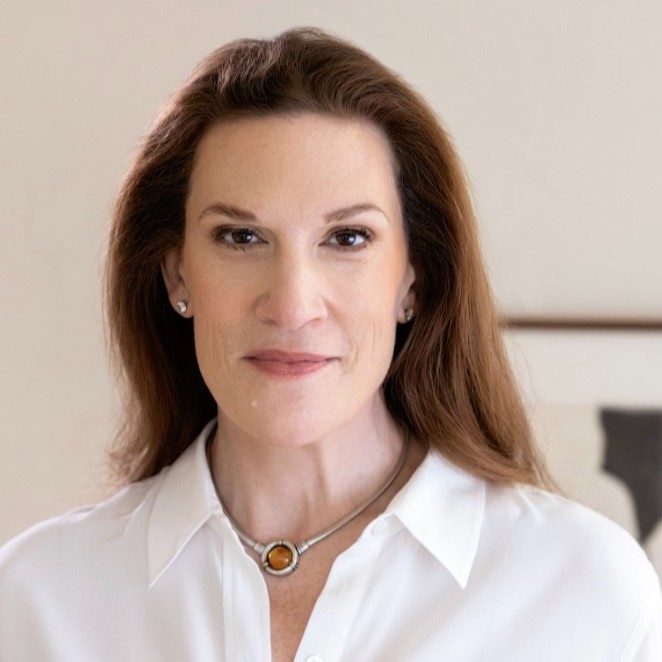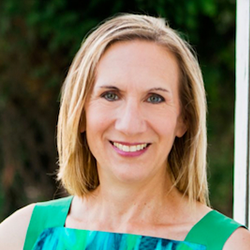
Every month, Founder/CEO Sue Bethanis speaks to thought leaders
in leadership, tech, design thinking and human resources. Join us for
inspiring conversation and practical insights.

Viewing
Stress Management / Work-Life Integration

Summary & Highlights Sue Bethanis hosts consultant, coach, personal development expert, and author Ashish Kothari to discuss his new book,

Summary & Highlights Sue Bethanis hosts best-selling author and workplace mental health expert Morra Aarons-Mele. Morra’s latest book was born

Summary & Highlights Sue Bethanis hosts Christina Maslach, Distinguished Professor of Psychology and the pioneer of research on job burnout.

Summary & Highlights Sue Bethanis hosts Elizabeth A. Stanley, Ph.D., an award-winning author, veteran, and pathfinder. Liz and Sue discuss:
Stay Connected • Sign up and receive leadership insights: